#1 Spot To Catch Redfish, Trout, & Flounder In The Fall
- By: Wyatt Parcel
- on
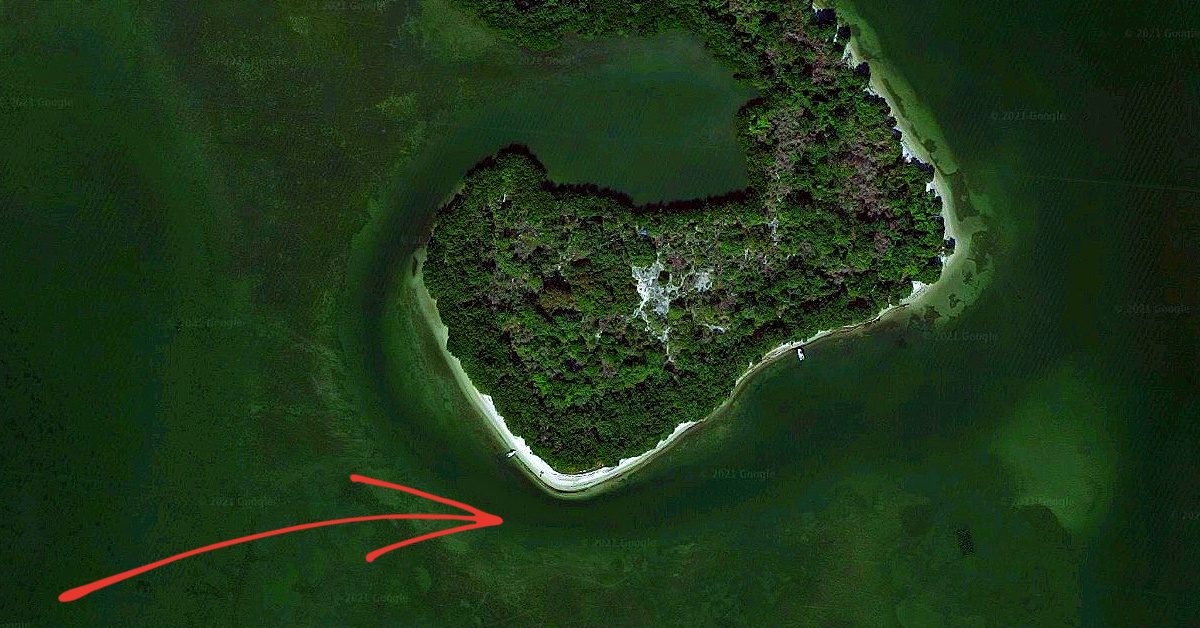
Fall fishing is HERE!!
This is the best time of the year to head out and catch big slams!
But where should you be fishing to catch quick slams on your trips?
Find out where to catch bigger slams down below!
#1 Spot To Catch Redfish, Trout, & Flounder In The Fall [VIDEO]

Grass Flat Leading Into Intracoastal Channel
A lot of fish will be migrating through the Intracoastal channel as fall kicks in.
Flounder use Intracoastal channels to migrate to grass flats along with small amounts of trout.
Trout will be moving off the flats and into the shallower areas where water dumps out.
The main spot to be focusing on is an area where current and bait from the flat are dumping into Intracoastal channels.
Temperatures in the fall are optimal for fish to be very active in finding meals and areas to spawn freely.
Flounder
Flounder will set themselves up in areas where they can sit below the flow of bait.
Depending on the tide, there will be a lot of bait getting pulled off of the grass flat.
You can expect to find a lot of flounder near the drop-off ledges where the depth changes.
Around a dip or a point on the shoreline is an area that should be fished a little harder than the others.
There will be heavy current flow around these points and flounder will set up on the down current side.
Incoming or outgoing tide dictates which side of the point the flounder might be setting up.
They are looking for “conveyor belts” of food.
Redfish
Redfish do not want to be in as heavy a current as flounder but they want to be close to it because of the bait being pushed by the current up onto the flats.
A lot of bait that has grown up during the summer will be on its way out and a lot of mullet migrating will be coming into the flats off the Intracoastal channel.
A lot of times, you will see redfish congregating near the entry and exit points of the flats.
The redfish will be close by the heavy current areas but mostly hunting in the shallow flats or along the shoreline.
Oyster bars are also an excellent place to start your search for reds as they may possibly be tailing near these structures.
First thing in the morning or late in the evening are ideal times to fish oyster bars with a topwater lure.
Remember to capitalize on shallow water fishing opportunities for redfish on the grass flats.
Trout
Trout are spread out and mixed into the areas you will mostly find flounder and redfish.
Some of the larger trout will be sliding up into the shallows sitting in potholes along the flats to pick off bigger baitfish.
If you are targeting trout along the flats, alter your presentation to have your lure sit higher in the water column.
This way you present the lure where the trout strike bait which is from underneath striking up at bait.
Trout will also sit along the perimeter edges of where the flounder are setting up but alike to the flats they will be higher in the water column.
Paddletails, swimbaits, or any other artificial lures you choose are best used in a higher water column because trout feed up.
You can find a lot of trout hanging around the points along the shore.
Juvenile trout will group up in areas with heavier current flow.
This allows them to stay away from predators and have a little structure to hold into.
Also, a lot of trout will hold on submerged points.
On an outgoing tide, there could be a school of them holding up on the Intracoastal side of a submerged point waiting for food to come out.
And on the incoming tide, they will be held up at the mouth and inside along the shore waiting for bait.
Generally, a lot of juvenile trout will heavily congregate around points.
Most of the larger trout will hang around in potholes along depth changes in the flats.
Overall Fish Behavior On Grass Flats
These fish are going to position themselves where there is heavy tide flow on and off of grass flats.
A lot of bait on the grass flat will get pulled off and into the Intracoastal channel.
While the same goes for migrating bait coming into the grass flat on incoming tide.
The main concern for these fish is placing themselves in areas with a steady flow of food as opposed to temperature changes.
If there are snook in your area, they will be pushed up against the mangroves and possibly around points.
Snook are a bit of a mixture between redfish and trout on the grass flats.
Coastal Marsh Environments
These are labeled as mudflats which are different from grass flats that include winding creeks and channels that lead into mudflats.
You could target trout or other fish along the creeks, but a lot of factors come into play such as region and type of creek.
Mudflats are similar to grass flats in that they provide similar structure and the same style of entry and exit points.
Identical to grass flats, you are looking for areas with heavy current flow onto a mudflat and out of a mudflat.
A lot of those fish are going to be waiting for the inflow and outflow of food through the channel.
You really have to plan your trip in coastal marsh environments around the tide.
The tide swings can be larger in certain areas and it can be difficult to get boats in and out depending on the water levels.
Flounder
More often than not, flounder will be sitting at the entry and exit areas of the mudflats.
Specifically, the flounder will set up on the points.
Target areas where there is a good flow of current and bait around a point.
Redfish
The redfish will be much easier to find in these environments.
A lot of times, they will be feeding with the tide.
On incoming tides, they will push up into the perimeters of the large mudflats.
The back edges of mudflats will often flood out on high tide which allows the redfish to push into them for crabs and shrimp that they did not have access to when the tide was lower.
On low tide, set yourself up on the largest opening along the mudflat because a lot of those redfish will be pulled there.
And if you are fishing around a new or full moon, you will fish a “negative tide” and the redfish will be waiting at the mouth for all of the bait to be pulled out and into the channel.
Redfish will hang around these Intracoastal channels and openings for easy bait access and an easy route to spawn in the fall.
Trout
The majority of trout will be holding in areas with heavier current flow.
You won’t find a lot of them up on the mudflats because of how sensitive trout are to temperature change.
The temperature on the mudflats is very unstable and prevents trout from congregating there.
Winding creek mouths can also be a great place to check for trout holding for bait to pass by.
The trout will also be sitting off of the points but in a higher water column than the flounder.
Conclusion
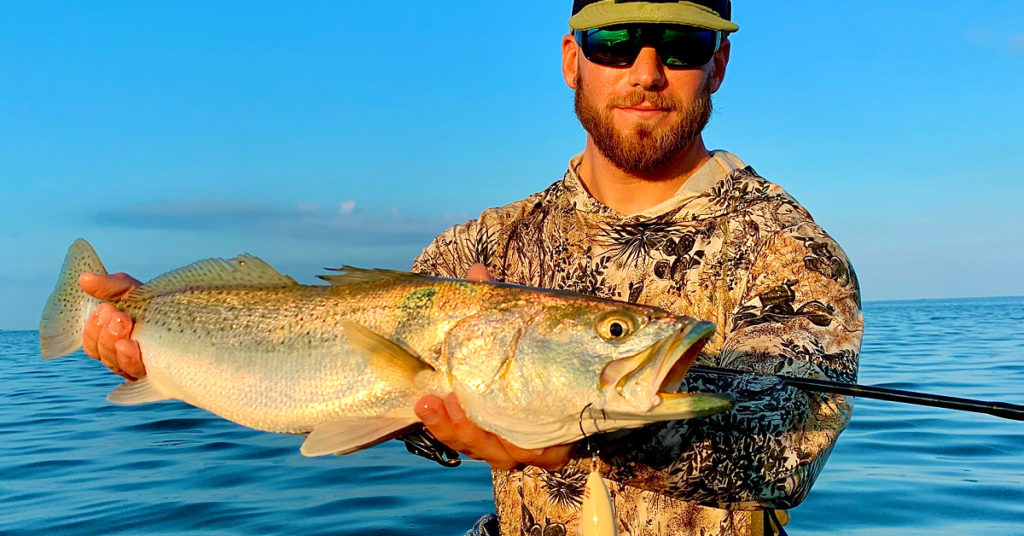
The best locations for targeting inshore fall slams are grass flats connecting to an Intracoastal channel as well as coastal marsh environments.
Fish during this time of year are hungry and active.
It is all about putting yourself in the best location depending on tide and current flow.
If you have any questions on where you should be fishing this fall, please let me know in the comments!
And if you know someone who wants to catch big slams this fall, please TAG or SHARE this with them!
P.S. Want access to our best fishing spots and tips, plus discounts to our online tackle store? Click here to join us in the Insider Club!
Related Articles:
Related categories:
STOP WASTING TIME ON THE WATER!
Do what the “SMART ANGLERS” are doing and join the Insider Club.
Here’s what you’ll receive today when you join:
- Weekly fishing reports and TRENDS revealing exactly where you should fish every trip
- Weekly “spot dissection” videos that walk you through all the best spots in your area
- Exclusive fishing tips from the PROS you can’t find anywhere else
- Everything you need to start catching fish more consistently (regardless if you fish out of a boat, kayak, or land).
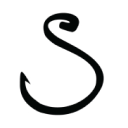



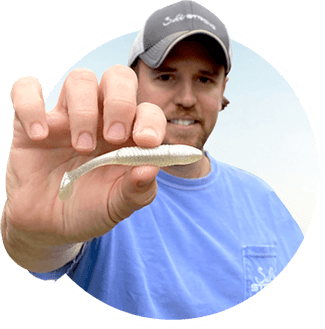
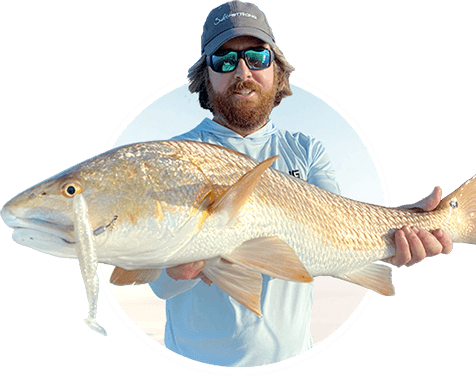
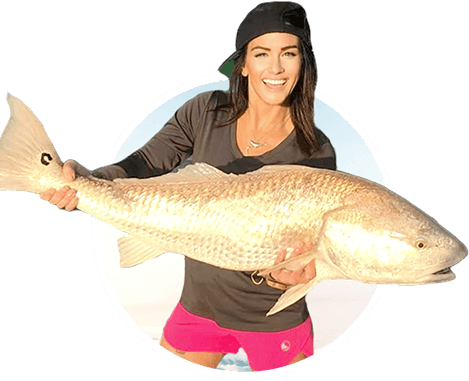
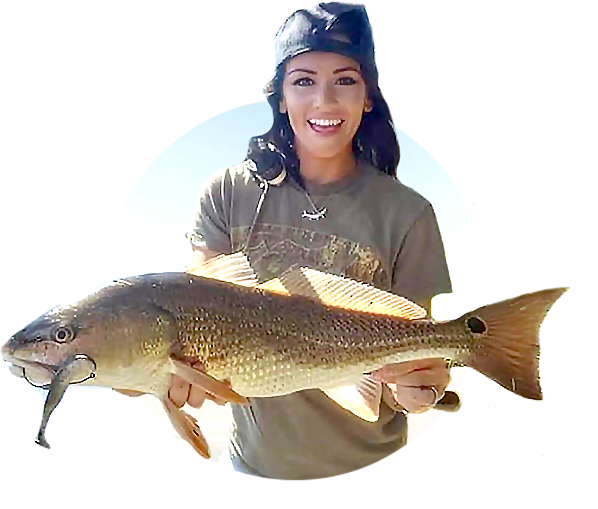
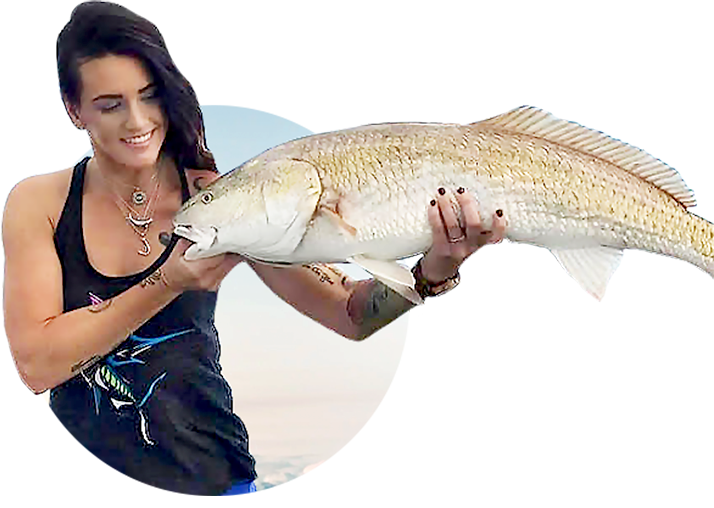
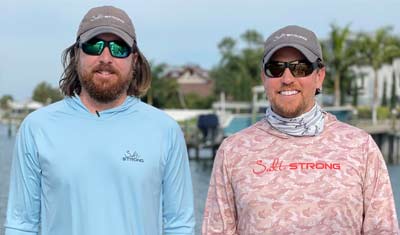
Could you define intracoastal channel? Need to apply this to Choctawhatchee Bay.
Thanks Wyatt
question: if yorr piggy perch are completely covered in grass, is their anypoint in staying there?
There absolutely can be! Most of those reds are punching around through the grass looking for a meal. A solution to keeping your bait out of the grass could be using a popping cork with a leader that doesn’t allow them to swim down into the grass (ex. if you’re fishing in 2 feet of water, trim the leader from the cork to 1.5 feet). This will keep them out of the grass and right at eye level with a potential predator!
You knocked it out of the park with that one Wyatt!! Great job on the breakdown! Tons of great info in there
Thanks so much Pat! Glad you enjoyed this one sir!
Great info thanks Wyatt
No problem Stan!!
Good article, good info
Thanks so much Brad!
Thanks for the info I’m just learning my area just need to put more time in and with your info I should do well thank you again.
Hope you get to get out there soon Michael!
Wyatt, that was one of the most in-depth, succinct, and knowledgeable discussions of fish behavior related to fishing I have ever read. Please keep up the great work! We are all benefiting mightily from your contribution. Thank you!
Thank you for the kind words Stewart!!
Awesome info
Glad you enjoyed this tip Richard!
Solid info Wyatt, thanks for putting it together!
Absolutely Matt! Hope you get to put these tips to use soon!